Five things Mississippi taxpayers should know and worry about the Gulf Coast “Fiber Optic Ring”
1) A new plan proposes to use a portion of Mississippi’s British Petroleum (BP) oil spill settlement to build a government-owned broadband network in South Mississippi. The network or “Fiber Ring” would, in theory, connect a dozen Gulf Coast cities across three counties. Local officials estimate that it could cost over $100 million.
2) So far, the state has promised $5 million of the BP funds towards the Fiber Ring, though it is not a fiscally sound proposal. In fact, there’s no indication of where the additional $95 million needed to finance this project will come from, but taxpayers will likely foot the bill.
3) Government-owned networks rarely succeed, and residents already have access to high-speed Internet provided by private companies. Competing with the private sector will only force taxpayers to subsidize a costly failure. Private Internet Service Providers (ISPs) already bring high-speed broadband to 97 percent of Harrison County residents, according to BroadbandNow.com.
4) When the government enters a broadband market, prices for consumers do not decrease. In fact, government-owned broadband networks have been found to charge consumers more than private firms, for similar services.
5) Other regions have tried (and failed) at building and running government-owned broadband networks. Here’s a look at some of the results:
Burlington Telecom, VT
Burlington Telecom was started in 2008 to provide telecommunications services to the citizens of Burlington, VT. The network floundered, and by 2014, it owed $33.5 million to Citibank. The city reached a final settlement in which it agreed to pay about a third of what was owed, and turned to the private sector for help financing the settlement.
Memphis Networx, TN
Memphis Networx was started as a public-private partnership by Memphis Light, Gas, and Water Division (MLGW) in 1999. By 2007, the network had failed and MLGW sold Networx to Colorado holding company Communications Infrastructure Investments for $11.5 million after losing about $28 million in public funds on the venture.
UTOPIA, UT
UTOPIA was started in 2002 to provide Internet services to 11 cities in Utah. The network’s initial capital investment was $135 million, and by 2014 the debt had climbed to $500 million. The cities involved have been looking for a private buyer to take over their network for several years.
CDE Lightband, TN
CDE Lightband was started in 2007 with a $16 million loan from the Clarksville Electric Power Board’s electric division to its broadband division. In 2009, the utility was approved to take an additional $4.5 million in loans to finance the network, leaving taxpayers and utility ratepayers on the hook for the debt.
Help CFIF spread the word. Email this link to your colleagues, friends and family members in Mississippi and/or share it on social media. To download a copy of CFIF’s educational fact sheet about the Gulf Coast “Fiber Optic Ring,” click here (.pdf).


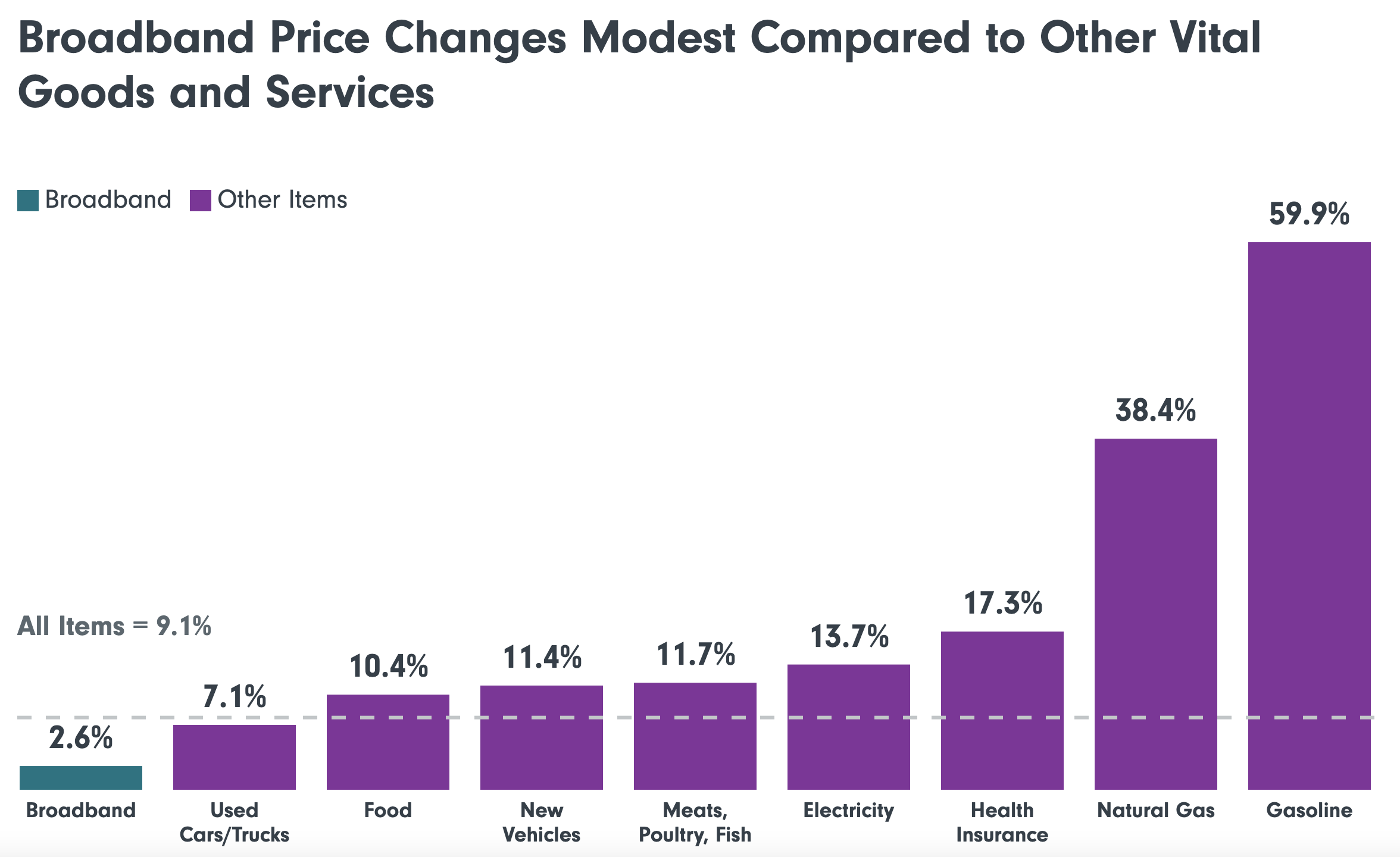
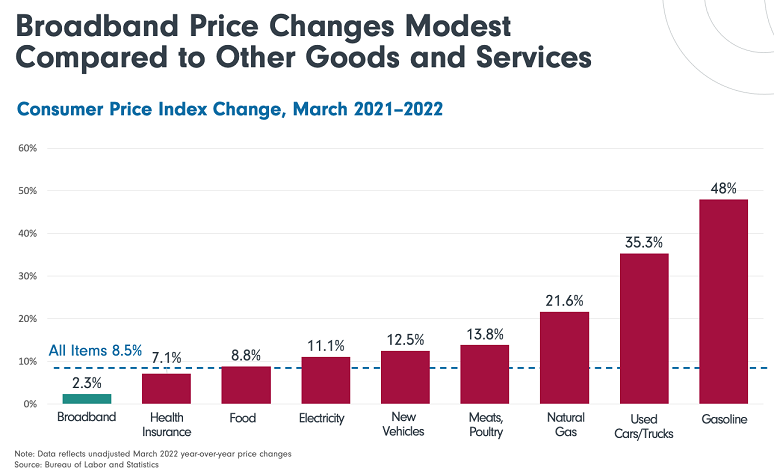

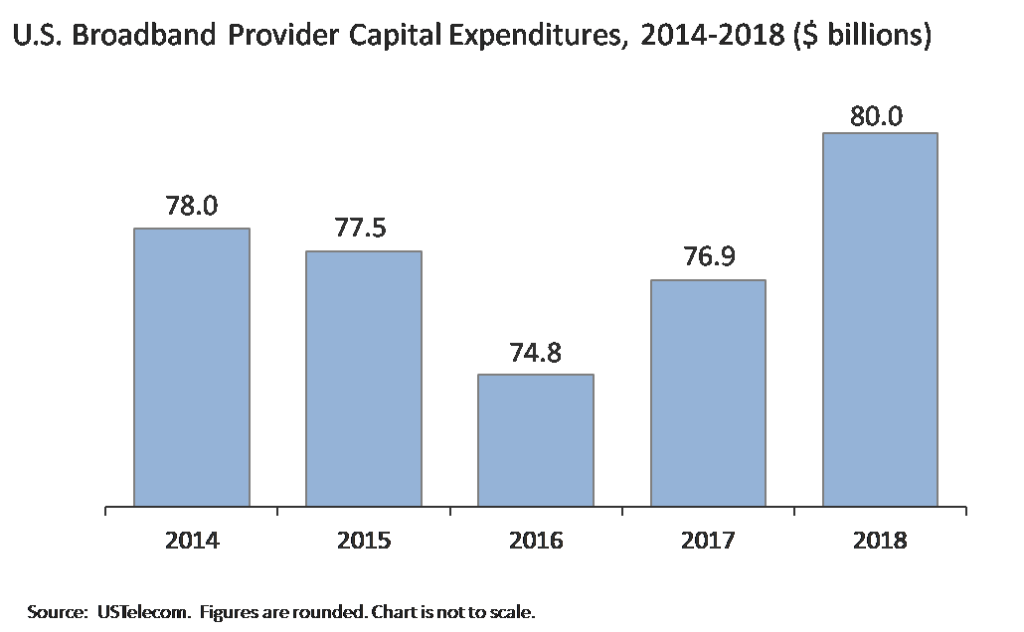
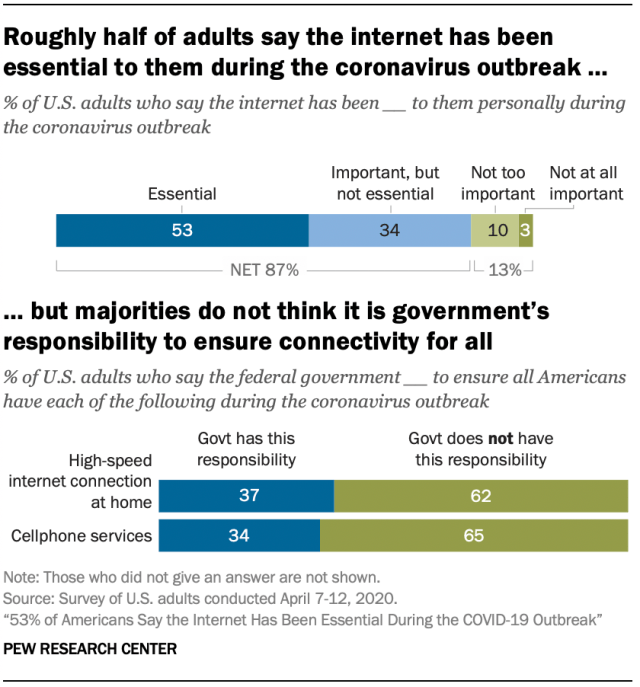
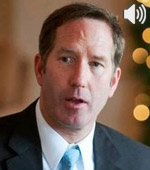 Timothy Lee, CFIF’s Senior Vice President of Legal and Public Affairs, discusses net neutrality and the misguided push to have the federal government regulate the Internet.
Timothy Lee, CFIF’s Senior Vice President of Legal and Public Affairs, discusses net neutrality and the misguided push to have the federal government regulate the Internet. CFIF Freedom Line Blog RSS Feed
CFIF Freedom Line Blog RSS Feed CFIF on Twitter
CFIF on Twitter CFIF on YouTube
CFIF on YouTube